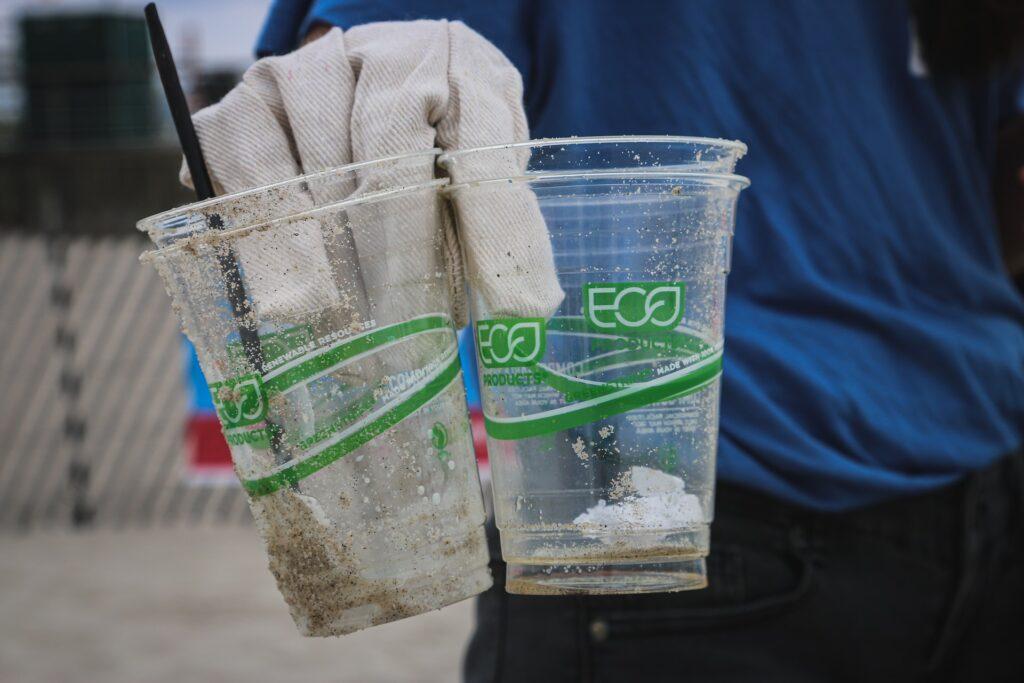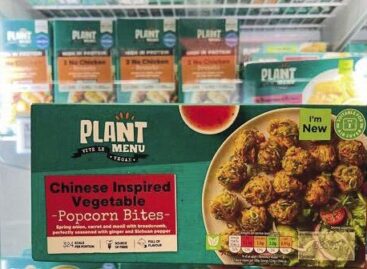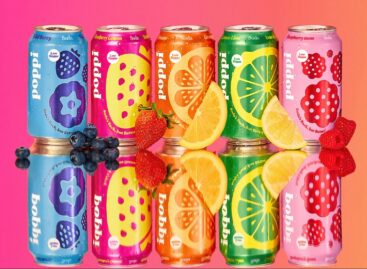Greenwashing On Food, Drink, Toiletry Labels To Be Scrutinised In UK
Britain’s competition regulator will consider whether companies selling food, drink and toiletries are wrongly labelling products as “sustainable” or “better for the environment” in its latest probe into greenwashing.

The regulator believes companies may be exaggerating their green credentials in an attempt to woo climate-conscious consumers in Britain’s fast moving consumer goods sector which is worth £130 billion (€147.8 billion) a year.
Britain’s Competition and Markets Authority (CMA) announced the review on Thursday, a year after it started looking into misleading green claims in the fashion industry.
The new probe will cover food, drink, cleaning products, toiletries and personal care items such as toothpaste and laundry detergent, the CMA said.
Major players in the sector include Unilever, Nestlé, Coca-Cola and Procter & Gamble, as well as manufacturers of private-label products for supermarkets. The CMA said it would scrutinise big and small companies.
Depending on what it finds, the regulator said it could consider taking enforcement action or opening an investigation into a specific company.
“We’re concerned many shoppers are being misled and potentially even paying a premium for products that aren’t what they seem,” CMA chief executive Sarah Cardell said.
“Now is a good time for businesses to review their practices and make sure they’re operating within the law.”
Related news
IKEA to host Decathlon in UK store as it opens space to other retailers
🎧 Hallgasd a cikket: Lejátszás Szünet Folytatás Leállítás Nyelv: Auto…
Read more >Related news
State compensation for the victims of Bászna Gabona Zrt. has been completed
🎧 Hallgasd a cikket: Lejátszás Szünet Folytatás Leállítás Nyelv: Auto…
Read more >József Viski: Adaptation and competitiveness are key for the horticultural sector
🎧 Hallgasd a cikket: Lejátszás Szünet Folytatás Leállítás Nyelv: Auto…
Read more >Festival buzz at the 60th anniversary EuroShop trade fair
🎧 Hallgasd a cikket: Lejátszás Szünet Folytatás Leállítás Nyelv: Auto…
Read more >







